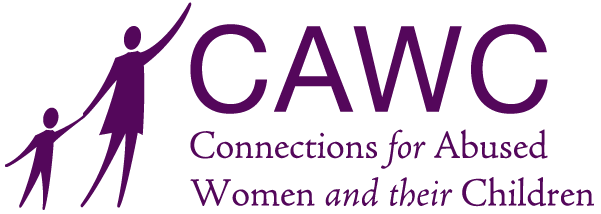One of the common misconceptions about abuse is that it always involves physical violence. In fact, abuse can take multiple different forms, including emotional abuse.
What Is Emotional Abuse?
The definition of emotional abuse includes any behavior intended to control, manipulate, threaten, or belittle another person. While emotional abuse doesn’t leave marks in the same way that physical abuse does, it can still take a serious toll on a person’s well-being; many survivors of emotional abuse experience diminished self-worth and psychological trauma that can last for years after the abuse has ended.
How To Recognize The Signs
Often, emotional abuse can be much more subtle and difficult to recognize than physical abuse. Many people who experience emotional abuse confuse it for normal conflict in relationships. Below are some of the signs of emotional abuse:
- behavior that is controlling, jealous, or possessive
- saying or doing things to humiliate the other person or make them feel stupid
- isolating the other person and/or discouraging or restricting them from spending time with friends or family
- gaslighting the other person by making them question themselves, manipulating their feelings or words, or denying events/actions
- making the other person feel as though they are always wrong or that their feelings are invalid or unimportant
- monitoring or restricting the other person’s communications (including email or texts), transportation, or money
- disrespecting or ignoring the other person’s boundaries or privacy
- threatening to harm themselves if the other person doesn’t do what they want or tries to end the relationship
As is often the case with physical abuse, many survivors feel shame or confusion, or believe that the abuse is somehow their fault. If you or someone you know is experiencing abuse, it’s important to remember that abuse is never your fault, and that help is available.
At Connections for Abused Women and Their Children (CAWC), we believe that everyone has a right to a life free of violence. Our mission to end domestic violence is rooted in education, service, and advocacy. In addition to working toward broader social change, we provide empowerment-based and trauma-informed support in the form of shelter, counseling, and advocacy to individuals affected by domestic violence and their children. If you or someone you know is struggling with domestic violence, don’t hesitate to call our 24-hour hotline at (773) 278-4566. To support our work, consider volunteering or donating.
